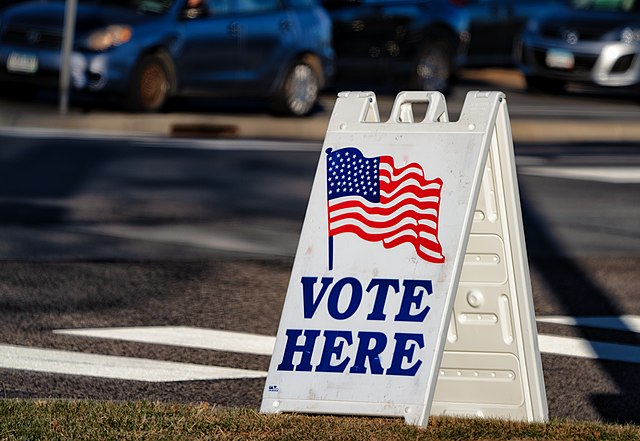Many Americans preparing to cast their votes this year will engage in a voting method that has gained traction in recent U.S. history but remains contentious among some critics regarding its fairness and efficacy.
Ranked choice voting (RCV) is utilized in various forms across several states in the U.S. Currently, Alaska, Hawaii, and Maine implement RCV at the state level, with Alaska and Maine employing it for both federal and statewide elections, while Hawaii uses it in specific statewide elections. Moreover, 13 states feature localities that either use RCV or have plans to implement it in upcoming municipal elections. Conversely, five states, including Florida and Tennessee, have enacted laws prohibiting its use, while Virginia has authorized RCV but has yet to implement it.
The most common iteration of RCV, known as instant-runoff voting, has undergone testing in several states, notably in Alaska. This method involves initially counting voters' first-choice candidates. If no candidate secures 50% of the vote, election officials proceed to tally second-choice candidates, eliminating and reallocating votes from the least-supported candidate in subsequent rounds until a candidate achieves the 50% threshold.
AJ Simmons, research director at the University of Illinois Springfield's Center for State Policy and Leadership, anticipates more states and localities may adopt RCV in the future. Nevada, for instance, is in the process of considering a similar system to Alaska's, while Idaho and Colorado may also vote on adopting comparable systems. Oregon is exploring a variant resembling Maine's approach, retaining the current primary system. Additionally, Utah is funding a pilot program at the local level to assess RCV's viability before potential statewide adoption.
Simmons acknowledges potential issues with RCV, such as "ballot exhaustion," where some voters leave their ballots partially filled, resulting in their votes not being considered in subsequent rounds. Concerns also exist regarding RCV's partisan impact, with potential variations depending on each area's political dynamics. However, Simmons notes that evidence suggesting RCV disproportionately benefits any specific party is lacking.
Despite these concerns, Simmons suggests RCV may enhance the prospects of moderate candidates due to its potential to appeal to a broader electorate. He emphasizes the importance of candidates actively engaging with the system, as those who reach out to supporters of other candidates may gain electoral advantages.
Alaska congressional candidate Nick Begich expresses frustration with the RCV process, describing it as "disingenuous." Begich criticizes the system for potentially favoring disciplined parties and hindering the representation of diverse perspectives. He highlights the example of Alaska's recent congressional election, where he contends that the RCV system disadvantaged him against a single Democratic candidate who later aligned with the broader Democratic Party.
Alaska's open primary system allows voters to consider candidates from all parties, unlike traditional party-specific primaries. Begich argues that RCV may discourage diverse representation by incentivizing parties to field only one candidate, thereby potentially limiting voters' choices.










.jpg)



0 Comments